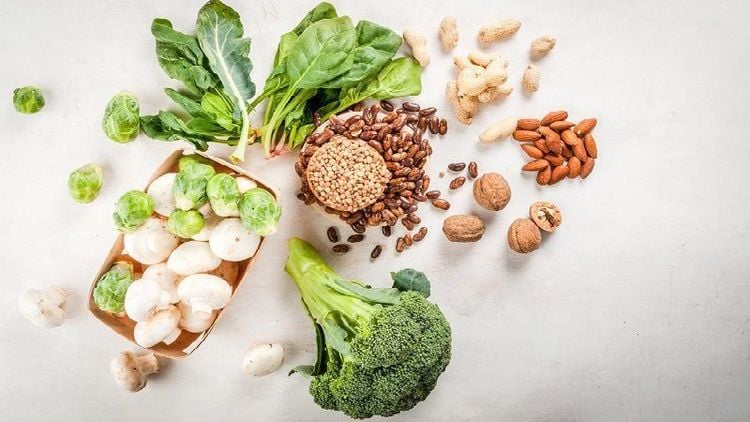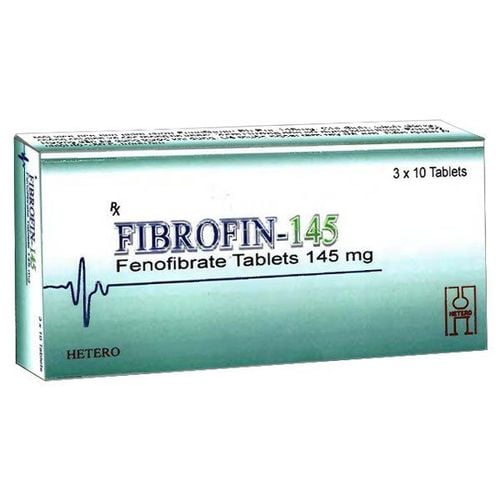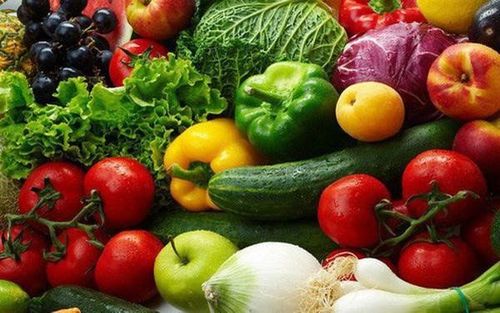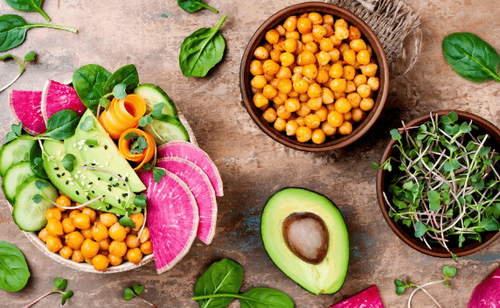This is an automatically translated article.
Plant-based diets focus on foods that are primarily plant-based. That doesn't mean you're vegetarian or vegan and never eat meat or dairy. Instead, you're choosing proportionally more plant-based foods. Plant-based diets can help reduce your risk of heart disease, but not all of them are created equal.1. Plant-based Diet Overview
A plant-based diet is a diet that focuses more on foods that are derived from plants, such as fruits and vegetables, whole grains, beans, nuts, seeds, and oils.Although you may think of a plant-based diet as being vegetarian or vegan, they are not necessarily plant-based. Such a diet does not necessarily exclude animal foods entirely such as meat, poultry, fish, eggs and dairy products, but the majority of foods are chosen from plant sources. Other examples of plant-based dietary patterns include the Mediterranean Diet, the Nordic Diet, and the Eatwell Guidelines (UK healthy eating pattern).

Chế độ ăn dựa trên thực vật là chế độ ăn kiêng tập trung nhiều vào các loại thực phẩm có nguồn gốc từ thực vật
2. Key features of a healthy plant-based diet
Plant-based diets are characterized by large amounts of plant-based foods. The exact ingredients of a healthy, balanced, plant-based diet can vary, but generally include:Eating vegetables, fruits, and whole grains, Certain low-fat dairy products (or dairy alternatives), seafood, nuts, seeds, legumes Some unsaturated fats Consume less fatty/processed meats, refined grains, sugary foods and drinks Use Uses less salt and less saturated fat than a typical Western diet
3. Vegetarian and vegan diets
A vegetarian is often described as someone who does not eat meat, poultry, fish, shellfish or any by-product of the slaughter process. Foods used by vegetarians include dairy products and eggs in their diet, perhaps the most common. However, there is no single accepted definition of vegetarianism. People may define themselves as vegetarians because they primarily choose a plant-based diet, but will include some fish (pescetarian), or what is commonly described as versatile or semi-vegetarian. Vegetarian, but sometimes eats meat or poultry. Vegans don't eat any animal products so don't eat any dairy products, eggs or honey, and avoid animal-based ingredients like gelatine or vitamin supplements. D3 if they are of animal origin.
Người ăn chay thường được mô tả là người không ăn thịt, gia cầm, cá, động vật
4. Concerns about plant-based diets
Interest in plant-based diets has grown dramatically in recent years, with vegan, vegetarian and flexitarian diets becoming more popular. It is estimated that 2-3% of the UK population follows a vegetarian or vegan diet. In market research it was found that a third (34%) of UK meat eaters said they had reduced their meat consumption in the previous year (compared to 28%). Along with the growing popularity of plant-based eating, there has also been an increase in the availability of alternatives to meat and dairy foods, such as dairy alternatives. Plant-based foods include: soybeans, oats, almonds, .... There has been development in foods suitable for vegetarians and vegans, which can also be incorporated into the diet. plant-based diet. These include: snacks made with nuts, beans and seeds, ready meals suitable for vegetarians and vegans, and plant-based dishes in restaurants. Sales of alternative proteins, such as soy, have increased in recent years. But what is driving this demand for plant-based products?The shift to a plant-based diet has been influenced by health and environmental concerns. For example, the link between high consumption of red and processed meat and an increased risk of colorectal cancer has been highlighted in several recently published international reports. Furthermore, there is growing interest in plant-based diets for animal welfare, ethical, and environmental/sustainable reasons. By changing the types of foods we eat and how often we eat them, it is possible to reduce the pressure on the global food system. It is generally agreed that meat and dairy products are associated with more greenhouse gas emissions than other foods, although the amounts can vary depending on the type of farming used. Adoption of more plant-based diets, as described in dietary guidelines around the world, is therefore encouraged to protect the environment. It is estimated that adopting plant-based eating patterns could, on average, lead to a reduction in greenhouse gas emissions of 17% to 29%, in addition to reductions in land, water and fertilizer use.
5. Benefits of a Plant-Based Diet
Studies that have explored the relationship between plant-based dietary patterns with an emphasis on plant foods, such as vegetarian, vegan, or Mediterranean-style diets, have shown They were found to be associated with a reduced risk of heart disease, stroke and type 2 diabetes when compared to less healthy diets. Scientific research also shows that a healthy plant-based diet can have beneficial effects on disease risk, such as lowering blood pressure, lowering blood cholesterol, and promoting body weight. strong.Plant-based diets tend to be high in choosing a variety of foods that are important in the diet, such as fruits and vegetables, whole grains, nuts, seeds, and beans. As a result, these diets tend to provide higher amounts of fiber, while being lower in saturated fat and free sugars. This may underlie many of the observed health benefits. But we also know that people who adopt such diets are often more health-conscious and adopt other healthy lifestyle factors. For example, they tend to be more physically active, smoke less, drink less alcohol, and are more likely to have higher income and education. This may also help explain some of the observed health benefits.

Mô hình ăn kiêng dựa trên thực vật có liên quan đến việc giảm nguy cơ bệnh tim, đột quỵ
Food-based dietary guidelines recommend that plant foods, e.g. fruits and vegetables, and whole grains such as oats, whole-wheat bread, brown rice, whole-wheat pasta, should make up a large portion of what we eat. We should also include sources of healthy fats in our diet, such as nuts, seeds, oily fish, unsaturated oils and foods made from them, as well as good choices of protein, such as beans, peas and lentils.
Nutritional adequacy in any diet is important and can be provided by a plant-based diet. Plant foods provide important nutrients including fiber, vitamins and minerals, protein, and unsaturated fats. However, it is important to note that animal food sources make an important contribution to a number of nutrients in the UK diet. For example, naturally occurring vitamin B12 and vitamin D are not found in most plant foods, although they can be found in nutrient-fortified foods such as breakfast cereals, spreads, and fortified foods. alternative milk products; Long-chain omega-3 fatty acids are found in the highest amounts in oily fish (vegetarian supplements available with algae) and iodine is found in the highest amounts in seafood, foods and beverages. from milk and eggs. Dairy foods also make an important contribution to most people's calcium intake, especially in children. Furthermore, iron and zinc are more easily absorbed from animals than plant foods. For example, phytates found in plant foods, such as whole grains and beans, reduce zinc absorption.
Importantly, we should remember that excluding animal products does not necessarily equate to a healthy diet. May make poor choices, including many foods high in saturated fat, free salt and sugar (eg, salty snacks, deep-fried foods, cakes, cookies, candies and sweets) ) in any diet. In addition, very restrictive plant-based diets can lack balance and variety.
A healthy, balanced plant-based diet typically includes whole grains, fruits and vegetables, nuts, legumes, and unsaturated oils, while a plant-based diet Less healthy can include more sugar - sugary drinks, refined grains, crisps or chips, and sweets. Also, despite their health, some plant foods can be unhealthy if consumed in large amounts like coconut oil (high in saturated fat) and agave or maple syrup (high in free sugars). .
Any questions that need to be answered by a specialist doctor as well as customers wishing to be examined and treated at Vinmec International General Hospital, please contact the Website for the best service.
Please dial HOTLINE for more information or register for an appointment HERE. Download MyVinmec app to make appointments faster and to manage your bookings easily.
Reference source: nutrition.org.uk












